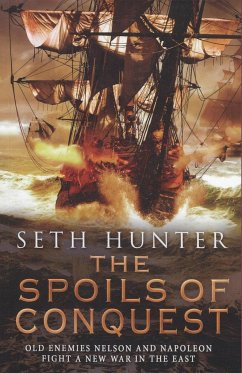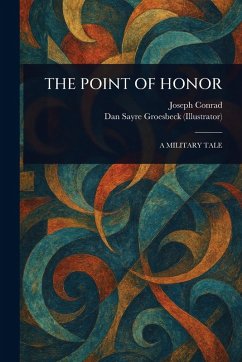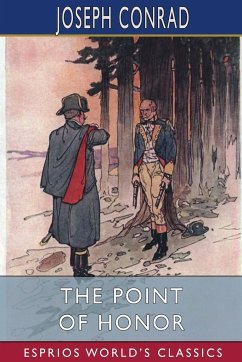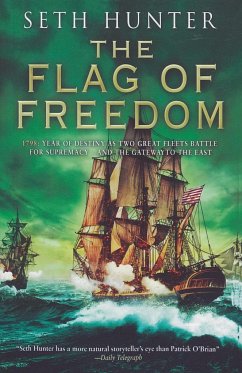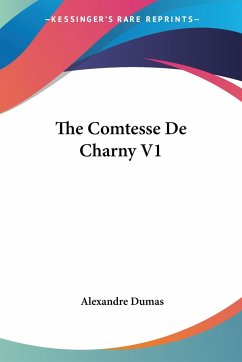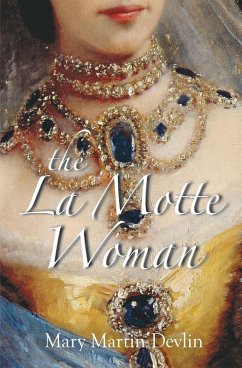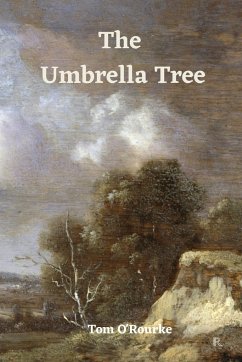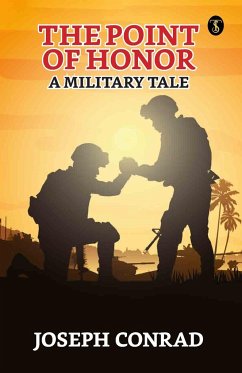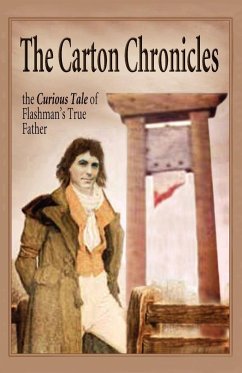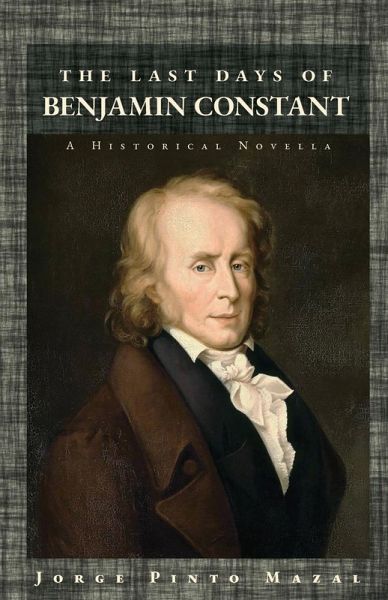
The Last Days of Benjamin Constant
A Historical Novella
Versandkostenfrei!
Versandfertig in 1-2 Wochen
13,99 €
inkl. MwSt.

PAYBACK Punkte
7 °P sammeln!
Benjamin Constant (1767-1830) is recognized as one of the most influential intellectual figures of his time. His advocacy for individual and religious freedom in a challenging era is often overlooked. He was known for his critiques of Napoleon Bonaparte and other authoritarian leaders, as well as the radical figures of the Revolution like Robespierre and Saint-Just who prioritized political freedom over individual liberty. Constant's ideas remain relevant today and have influenced modern political thinkers such as Isaiah Berlin and Stephen Holmes. Notably, American jurists like Supreme Court J...
Benjamin Constant (1767-1830) is recognized as one of the most influential intellectual figures of his time. His advocacy for individual and religious freedom in a challenging era is often overlooked. He was known for his critiques of Napoleon Bonaparte and other authoritarian leaders, as well as the radical figures of the Revolution like Robespierre and Saint-Just who prioritized political freedom over individual liberty. Constant's ideas remain relevant today and have influenced modern political thinkers such as Isaiah Berlin and Stephen Holmes. Notably, American jurists like Supreme Court Judge Stephen Breyer and Harvard law professor Charles Fried have drawn inspiration from Constant in their interpretations of liberty and the American Constitution. This novella is not a biographical essay or a biography; it is mostly fiction. It can be listed under the category of historical novel since the main protagonist, Benjamin Constant, was a relevant thinker during the French Revolution and a well-known author on legal and political issues, along with the classic novella Adolphe. This text includes details of his unique character and personal and political life, as well as the realities of the tumultuous era in which he lived. The friends, family, foes, lovers, wives, and other characters included in the text are real, including their names and relationships. Most of them played an important role during the Revolution. Dates and events may not always be entirely accurate or complete since the focus is not on providing a detailed timeline or history, but on highlighting Benjamin Constant's significant role as a staunch advocate of individual freedom. His ideas remain relevant beyond his era and can be applied to contemporary times. For instance, Isaiah Berlin, a highly influential philosopher, credited Benjamin Constant as a major influence on his theoretical thinking. Biographical historical fiction, or biofiction, is dif- ferent. A title and contents can be named and related to a real-life person, but the protagonist's character, dates, places, and situations can be partly fictional and arbitrary, the product of an author's imagination. An author is free to invent details for a life that may or may not have a relationship with reality. For those interested in learning about these types of literature, I recommend reading "Biofiction: An Introduction" by Michael Lackey, which inspired me to venture into and explore this writing genre.



